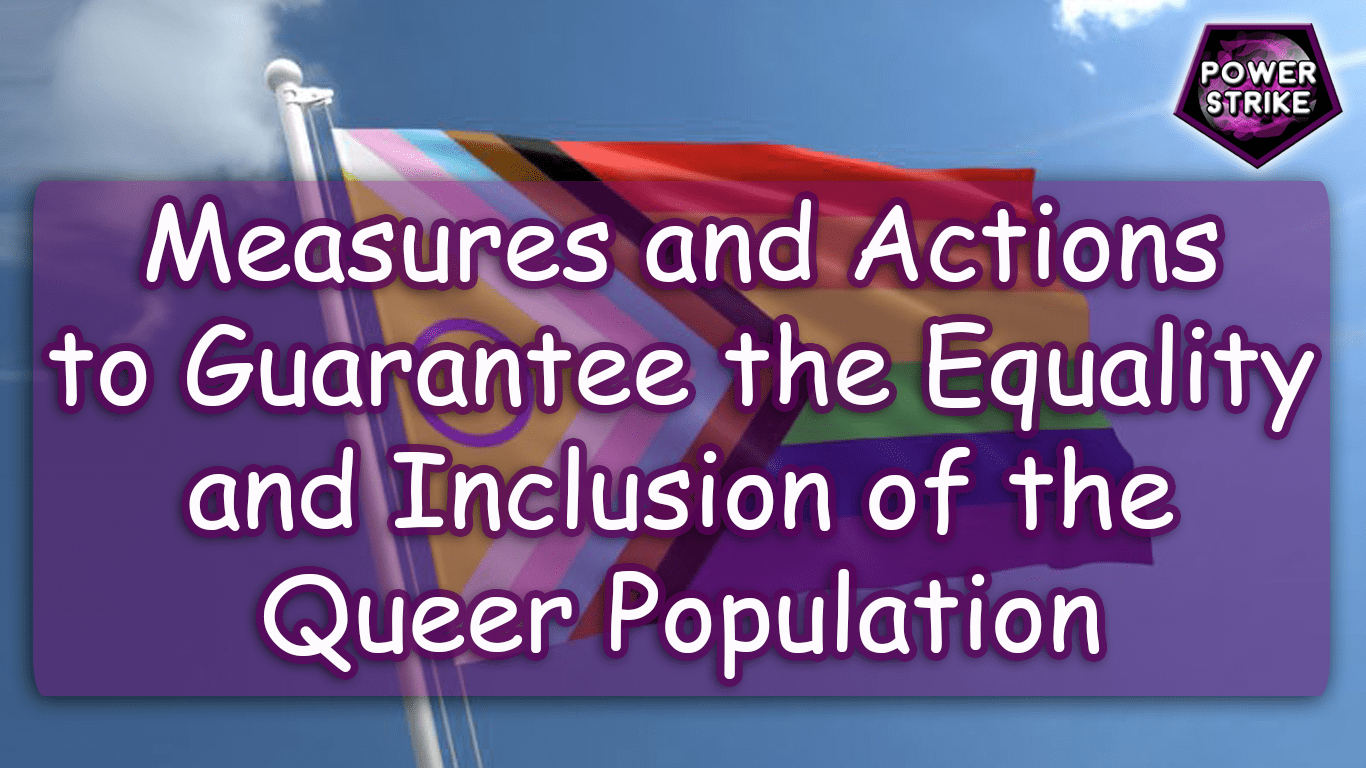
The LGBTQIA+ population has suffered from invisibility and discrimination for a long time, which leads many people to feel obliged to adapt to a normative appearance in order to be accepted in corporate environments. This has a negative impact on both LGBTQIA+ people and businesses, as these people are prevented from fully contributing their skills and ideas due to fear of discrimination, isolation or dismissal.
Companies that include sexual and gender diversity in their strategy, create committees and spaces for an inclusive culture and welcome LGBTQIA+ people in a safe and collaborative environment, can develop more diverse and innovative products and services and ensure a more equitable.
Queer rights include a wide range of legal, political and social rights that aim to ensure equality and protection. Some inclusive practices that can be implemented include:
- Right to Employment Equality: LGBTQIA+ persons have the right to equal employment and protection from discrimination based on sexual orientation and gender identity.
- Right to Privacy: LGBTQIA+ persons have a right to privacy and to protection from violations of privacy based on sexual orientation and gender identity.
- Right to Free Expression: LGBTQIA+ people have the right to express their sexual orientation and gender identity without fear of discrimination or violence.
- Training and awareness: Provide training and awareness programs for employees and collaborators on issues related to sexual orientation and gender identity, so that they can better understand and be more sensitive to these issues.
- Inclusive Policies and Procedures: Create and implement policies and procedures that prohibit discrimination based on sexual orientation and gender identity and ensure equal opportunities for all.
- Access to services and resources: Ensure that LGBTQIA+ people have access to services and resources, including health, education, employment and housing, without discrimination.
- Inclusive communication: Use inclusive language and avoid the use of offensive terms and expressions, ensuring inclusion and respect for all gender identities and sexual orientations.
- Safe and Welcoming Spaces: Create safe and welcoming spaces for LGBTQIA+ people, including restrooms, locker rooms and other public spaces where people can feel comfortable and safe.
- Active participation of LGBTQIA+ communities: Encourage and support the active participation of LGBTQIA+ communities at all levels, including politics, culture and the economy.
- Accessibility: Ensure that inclusive initiatives are accessible to people with special needs, including LGBTQIA+ people with special needs.
- Addressing violence: Work to prevent and combat violence based on sexual orientation and gender identity, including domestic violence, harassment and discrimination.
- Monitoring and evaluation: Regularly monitor and evaluate inclusive practices to ensure they are achieving their objectives and make adjustments as necessary.
